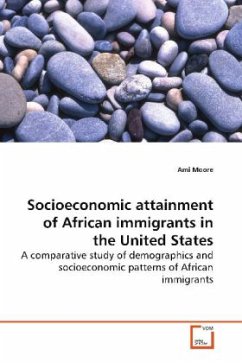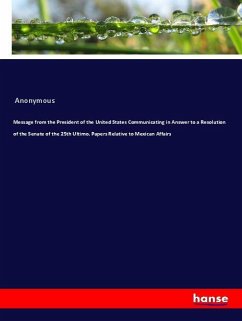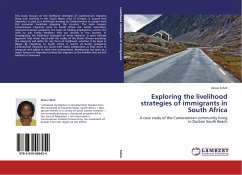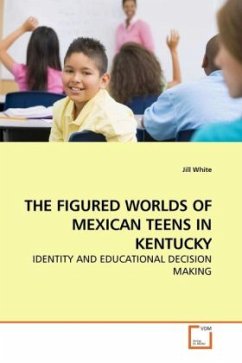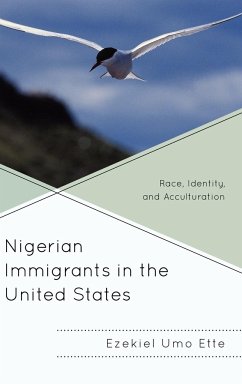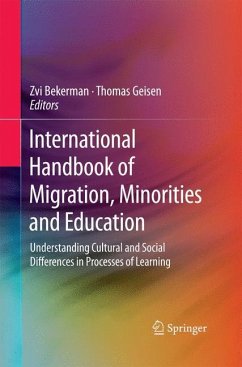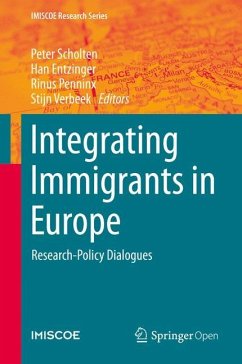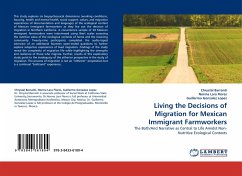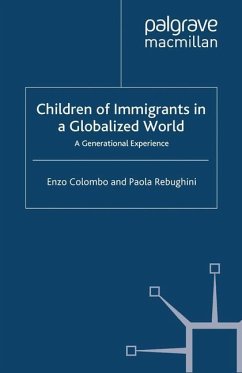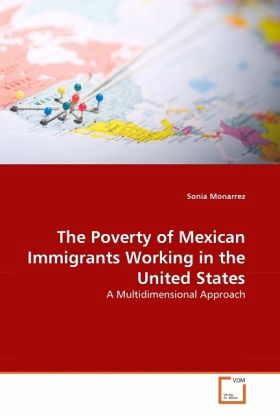
The Poverty of Mexican Immigrants Working in the United States
A Multidimensional Approach
Versandkostenfrei!
Versandfertig in 6-10 Tagen
52,99 €
inkl. MwSt.

PAYBACK Punkte
26 °P sammeln!
The last decade has seen a massive movement of Mexican immigrants to the United States. Migration is certainly a rational decision one that is made in order to improve development opportunities; however, poverty rates among Mexican immigrant workers are high compared to other immigrants groups. The book studies the multiple aspects related to their poverty condition. First, poverty is studied from a comparative perspective, using two alternative poverty lines to the official threshold established by the Census Bureau; it is concluded Mexican immigrant's contribution to poverty in the United St...
The last decade has seen a massive movement of Mexican immigrants to the United States. Migration is certainly a rational decision one that is made in order to improve development opportunities; however, poverty rates among Mexican immigrant workers are high compared to other immigrants groups. The book studies the multiple aspects related to their poverty condition. First, poverty is studied from a comparative perspective, using two alternative poverty lines to the official threshold established by the Census Bureau; it is concluded Mexican immigrant's contribution to poverty in the United States is overrepresented, and despite poverty the fiscal contribution turns out positive. Second, the estimation of an assimilation index among groups coming from 73 different countries reveals Mexican Immigrant workers are in the last position. Third, the factors that relate to their poverty condition are studied. The analysis provides valuable information for development academics, and practitioners, as well as policy makers interested in the study of poverty and migration.



